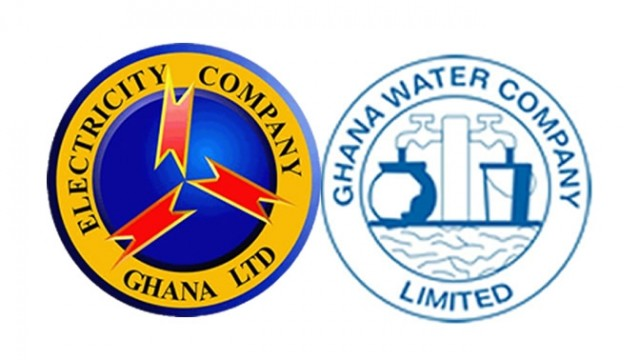
TUC wants 20 per cent reduction in utility tariffs
The Ghana Trades Union Congress (TUC) says it supports the government’s position to reduce utility tariffs.
“We believe that tariffs can be reduced by 20 per cent or a higher percentage, given the negative impact of the existing (high) tariffs on economic activities and on living standards of consumers. We think a significant reduction in tariffs is justified when we take into consideration the generally low incomes in the country,” it stated.
Advertisement
It said the call for the reclassification of existing tariffs should consider the plight of people who could be described as energy poor in order not to worsen the condition of lifeline consumers.
In a proposal to the Public Utilities Regulatory Commission (PURC), copied to the media, the TUC also called on the government to undertake a full-scale review of existing power purchase agreements (PPAs) to ensure that Ghana obtains good value for money and also prevent a situation where Ghanaians were overburdened by excessive tariff increases due to errors committed by politicians who might have served their own interests with such agreements.
PPAs
The labour movement said the government had signed a number of PPAs under emergency conditions, with the objective of resolving the power crisis.
It said the power plants under those agreements were mainly thermal, which had tilted the energy mix to thermal dominance, with implications for utility tariff levels.
The proposal asked if the PPAs signed were based on the country’s projections of future demand for electricity and the cost implication of the excess generation capacity to the consumer when the government had signed onto plants which might lie idle but would attract capacity charges.
“Do the PPAs meet consumers’ expectation of access to reliable and affordable electricity? How transparent were these agreements,” the TUC asked.
Prudent cost
On the issue of the utility companies demanding cost-reflective tariffs, it said it expected the PURC to ensure that unjustifiable costs were not passed on to consumers.
“The resistance to tariff is due, partly, to the fact that consumers are paying for the inefficiencies of utility companies, especially costs arising from political decisions that had only served the interest of some political elite,” it said.
It said the power sector must be seen as a strategic sector whose value lay in supporting economic growth from which the government could derive revenue through taxes.
“In our view, it is wrong for the government to use the power sector as a direct revenue-generating source. Many Ghanaians are either receiving low incomes or without any regular income. Therefore, it will be wrong to subject the utility sector to profiteering.
“The TUC expects the government to scrap all the levies and taxes on electricity as a means of improving access and making it affordable to all Ghanaians in all parts of the country,” it said.
Assets
The labour movement urged the government to work with the PURC to develop a clear-cut policy on how to manage the national assets and the returns they generated.
It explained that the assets of the state-owned utility companies were national assets which generated economic returns from the utility bills paid by end users.
Teshie Desalination Plant
The TUC said the operation of the Teshie Desalination Plant contributed to the debt burden of the Ghana Water Company Limited (GWCL) which in turn affected water tariffs, generally.
“We would like to add our voice to all those who are calling for the abrogation of the contract. The people of Teshie and the surrounding communities should be provided with water from alternative sources,” it stated.
It said the demand for electricity in Ghana was growing at a rate around 12 per cent per annum, which was far above the average African demand of about three per cent.
The TUC, therefore, stressed the need to intensify education on the benefits of demand-side management, adding that “it is particularly important to ensure that buildings are designed to reduce the use of air conditioners”.



